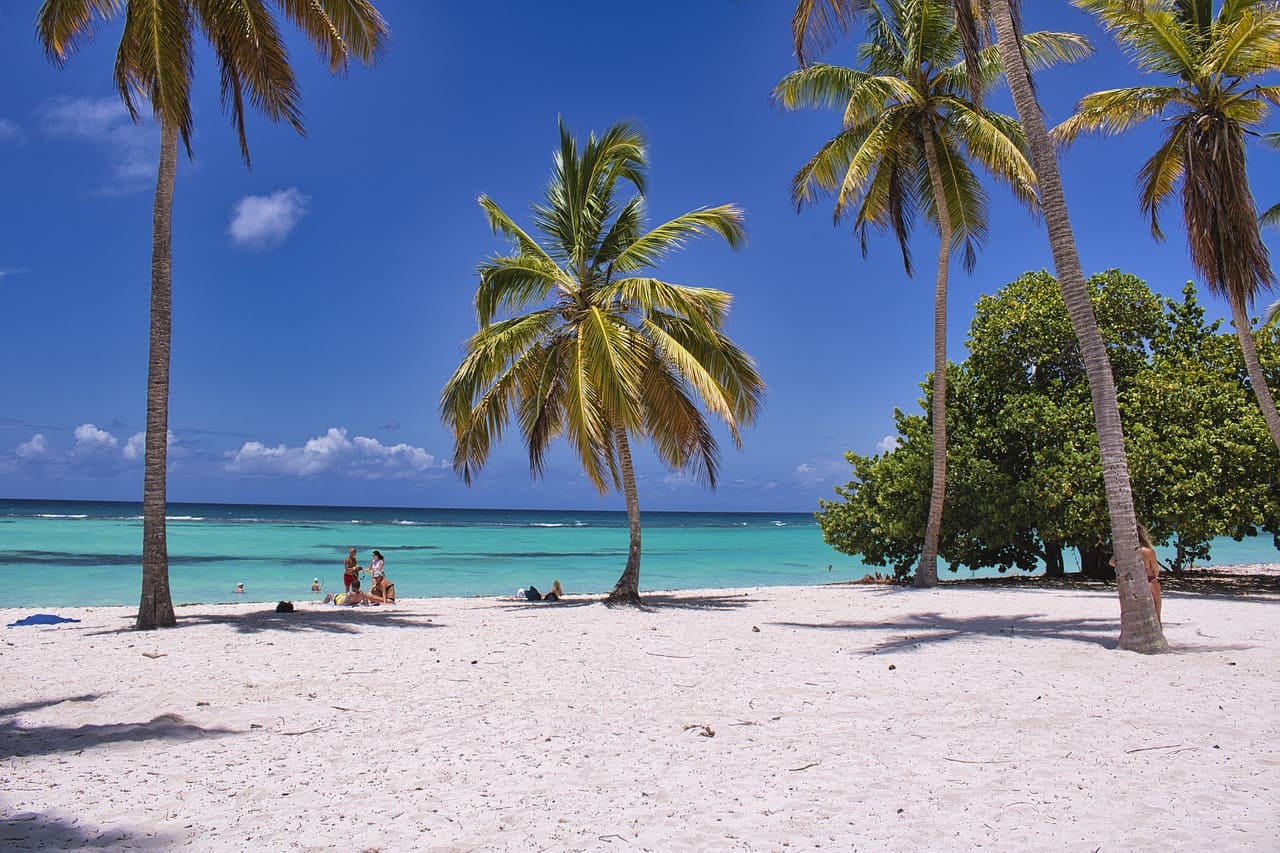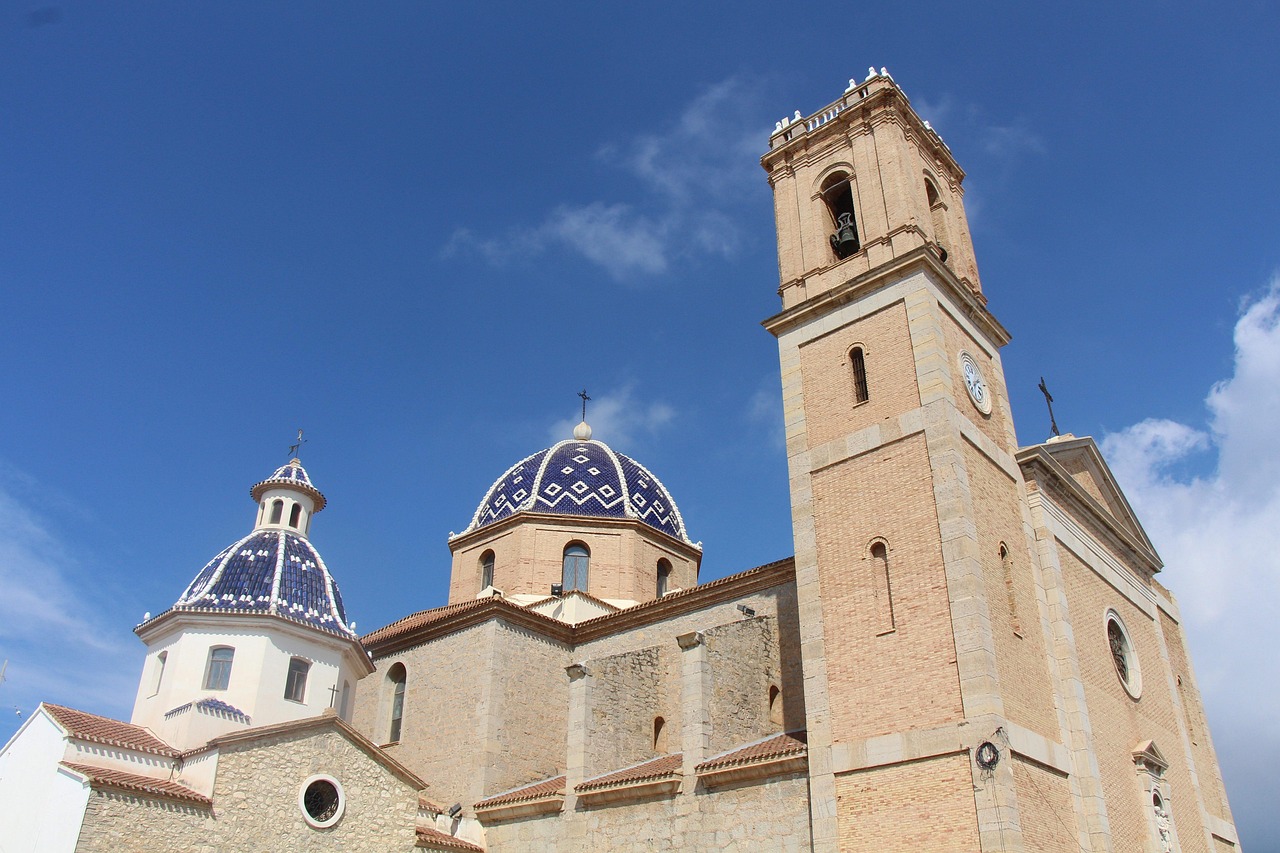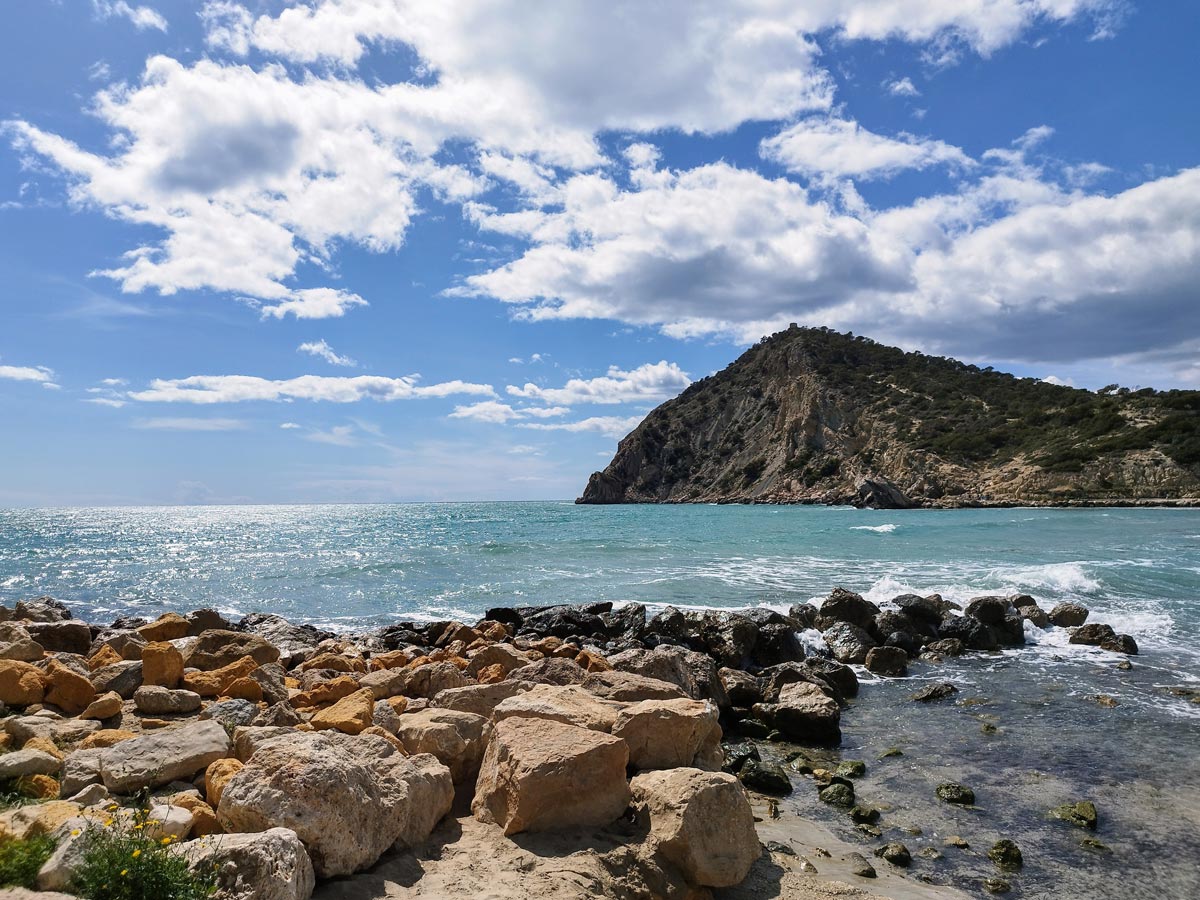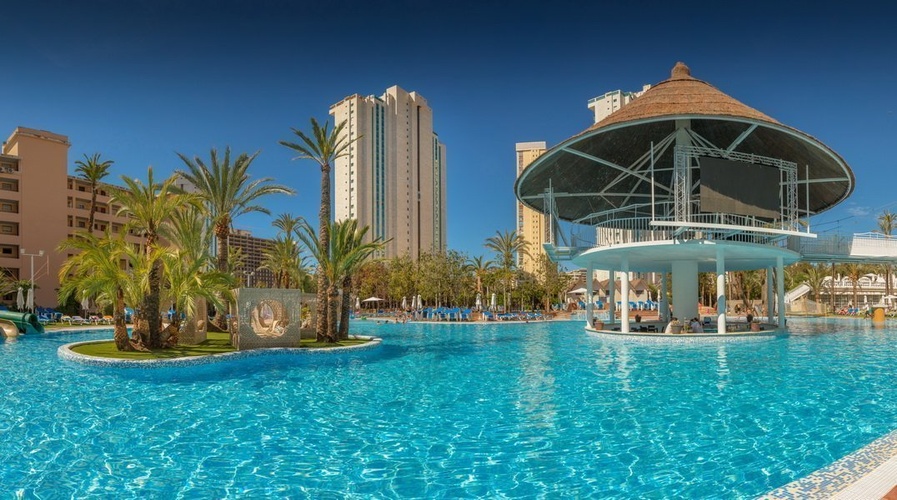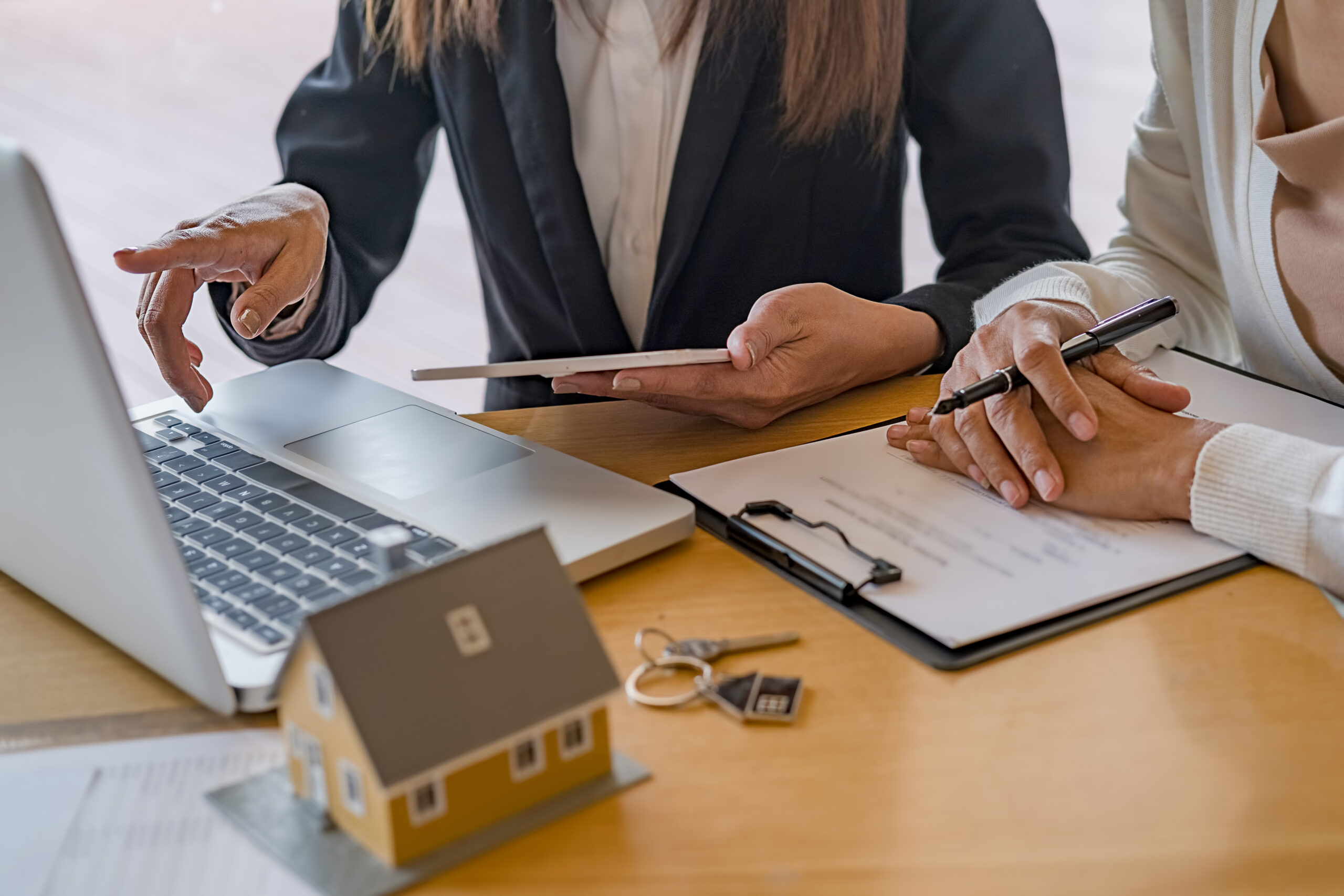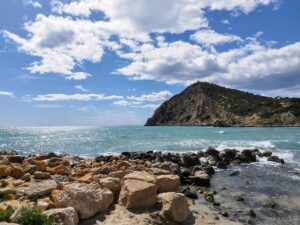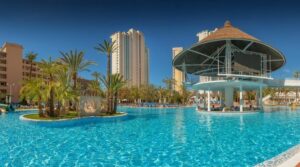Mortgages for second homes in Spain are an increasingly popular option for those looking for additional property. This type of financing has specific characteristics and requirements that differ from those of a conventional mortgage. It is essential to understand the differences and conditions that apply when applying for such mortgages for second homes. In addition, aspects such as the application process should be considered, interest rates and strategies to obtain the best conditions.
Characteristics of Second Home Mortgages
Second home mortgages have special features that distinguish them from conventional mortgages. These loans are designed for those seeking to purchase a property that will not be their primary residence.
Key differences with first home mortgages
Mortgages for second homes vary not only in their structure, but also in their conditions. The main differences are:
- Interest rate: Generally, interest rates on second home mortgages are higher. This is due to the higher risk perceived by financial institutions, as borrowers may prioritise the payment of their primary residence in case of financial difficulties.
- Maximum funding: The percentage of financing, known as LTV (Loan To Value), is usually lower. Banks usually finance between 70% and 80% of the value of the property, unlike the financing of up to 90% that can be found in first home mortgages.
- Solvency requirements: The banks require greater financial solvency, in order to be able toThe applicant must demonstrate higher income and employment stability to be eligible.
- Commissions and expenses: You can there are higher commissions and additional expenses, such as appraisals and insurance, which impact on the total cost of the loan.
Advantages of buying a second home
Although mortgage conditions for second homes to be somewhat less favourable than those of habitual residence, buying a second home has clear advantages: It is an investment potential, an asset with which you can generate passive income through holiday rentals. during the time you are away. In addition, you can save a lot of money on your holiday by having your stay insured. At areas such as the Costa Blancathe passive income can be generated throughout the year as there is no low season.
- Advantages of second homes:
- Possibility to diversify real estate investments.
- Access to holiday destination propertieswhich can offer tourist rentals.
- Opportunity to enjoy a personal space for holidays and relaxation.
Requirements to Apply for a Second Home Mortgage
The requirements for applying for a second home mortgage are crucial to ensure that the process is successful. These aspects vary from one entity to another, but there are common elements that all applicants should consider.
Necessary documentation
Submission of appropriate documentation is a step fundamental when applying for a mortgage for a second home. The following are the most relevant documents usually required by banks:
- DNI, NIE or valid passport.
- Recent payrolls or proof of income, such as a tax return.
- Certificate of employment situation.
- Documentation of the propertyincluding title deeds and nota simple.
- Energy performance certificate (If any) of the property to be acquired.
Financial solvency and proof of income
Financial institutions require applicants to demonstrate sound financial solvency. This implies that the lender will assess different aspects, among them:
- Ability to meet monthly payments of second home mortgages together with other financial obligations.
- Relationship between income and expenditurewhich helps to determine the economic stability of the applicant.
- Existence of savings or capital to cover a down payment covering 20-30% of the value of the property.
Income justification is vital, as institutions tend to be stricter when considering loans for second homes.
Investment and Profitability of a Second Home
Investing in a second home can present a number of advantages and challenges.. This is followed by an analysis of the prospects for holiday rentals, future resale opportunities and a comparison between investment and personal use of the property.
Tourist rental prospects
Tourist rental has become a source of income. increasingly popular among second home owners. Digital platforms have facilitated this process, allowing owners to rent out their properties on a temporary basis. Key features include:
- High demand in strategic areas: Coastal and leisure-centred locations tend to experience a large influx of tourists.
- Attractive profitability: Nightly rates can be significantly higher compared to long-term rentals.
- Flexibility: Owners can choose when and how to rent their property, benefiting from personal use during certain seasons.
However, it is important to consider factors such as local regulations on tourist rentals and fluctuations in demand, which can affect profitability.
Future resale opportunities
The revaluation of real estate can be a valuable opportunity for investors. Some aspects to consider are:
- Location: Location is key. Properties in areas with development potential or in emerging destinations tend to appreciate more quickly.
- Home improvements: Making renovations or improvements to the property can increase its resale value considerably.
- Market conditions: The behaviour of the real estate market influences sales opportunities. Periods of high demand can offer better prices for sellers.
Comparison between investment and personal use
Deciding whether to invest in a second home or to use it for personal purposes requires careful consideration. There are a number of considerations:
- Personal use: Enjoying the property during holidays and weekends can be a motivating reason for purchase, although it may limit the rental income potential.
- Cost calculator: Assessing the costs of maintenance, taxes and insurance is essential. They should be compared with the potential rental income.
- Emotional aspects: The personal connection to the property may influence the decision to prioritise personal use over profitability.
The final decision will depend on personal goals and financial conditions of each owner, as well as the market conditions at the time of purchase.
Legal and Fiscal Considerations
The purchase of a second home involves important legal considerations. and tax implications that need to be taken into account to avoid surprises in the future. From tax implications to specific regulations, it is essential to be informed.
Tax implications of buying a second home
When buying a second home, it is necessary to consider a number of tax implications that may affect both the purchase process and the tenure of the property. The most relevant taxes are:
- Transfer Tax (Impuesto de Transmisiones Patrimoniales - ITP)This tax is levied on the purchase of second-hand housing. The percentage varies according to the autonomous community, ranging from 6% to 10% of the purchase price.
- Value Added Tax (VAT)In the case of new dwellings, a VAT rate of 10% is applied. This tax is added to the purchase price and must be considered in the initial financial calculations.
- Municipal Capital Gains: This tax is generated by the increase in the value of land since the last transfer of the property. It assures that the gain derived from the increase in the value of the property is taxed.
- Personal Income Tax (IRPF)If the second dwelling is rented, income derived from this rent must be declared. Deductions are allowed, such as community fees, maintenance and depreciation.
Regulations for short term rentals
If you are thinking of buying a second housing as a real estate asset to generate income through seasonal rentals. There are some steps to follow.
- Rental licencesIn many communities, it is compulsory obtain a specific licence to rent a dwelling as a tourist dwelling.
- Registration: It is necessary to registering the property in a specific tourist rental registerwhich varies according to the autonomous community.
- Rules of coexistence and security: Properties intended for tourist rental must comply with health and safety requirements, such as have a fire extinguisher or adequate emergency exits.
Practical Advice for Buyers
Buying a second home requires careful thought and planning. Here are useful recommendations to facilitate this process and make informed decisions.
Financial assessment and planning
Before embarking on the purchase of an additional home, it is essential to conduct a thorough analysis of your personal financial situation. This involves:
- Define a clear budget that covers all expenses related to the purchase and maintenance of the property.
- Consider sources of finance, ensuring that mortgage and other financial commitments are viable.
- Calculate a savings margin to cover unforeseen and extraordinary expenses that may arise.
Study of location and type of property
The location and type of property are decisive aspects. in investing in a second home. Here are some points to consider:
- Research the characteristics of the area, as well as their accessibility, available services and potential for valorisation.
- Analyse the type of property The property you wish to purchase, whether it is a flat, a single-family house or a villa, depending on your personal needs and objectives.
- Assess market supply in that location specific to identify opportunities and establish comparisons.
Additional costs to be considered
The purchase of a second home entails a number of expenses that go beyond the purchase price. It is essential to bear in mind the following:
- Notary and registration fees, which are necessary to formalise the purchase.
- Taxes associated with the purchase as well as the Transfer Tax (ITP) or Value Added Tax (VAT) depending on the type of purchase.
- Possible community charges if it is a property in a housing estate or block of flats.
- Cost of household insurance and other services such as property maintenance.
You may also be interested in:

